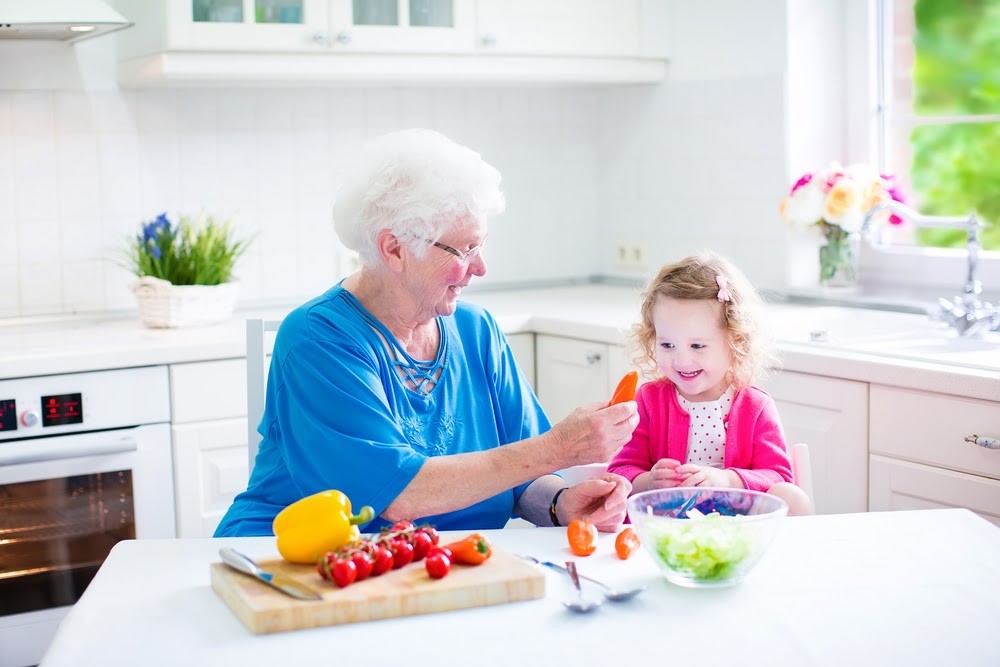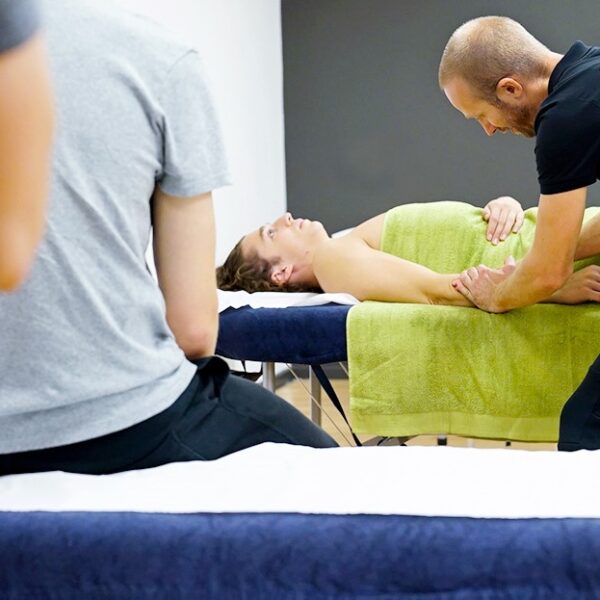It’s important for parents to help their little ones develop motor skills in their hands and wrists in order to build up their muscles. It’s very often an afterthought when it comes to baby development; parents wonder why their little learner is struggling to hold a pencil, use scissors, or even draw with crayons.
There are six simple things you can do with your infant or toddler now that will help them to build up their strength in these necessary and valuable muscles. Read on to learn what they are!
Break Out the Playdough
Yes, it’s messy. Yes, they try to eat it. Yes, it drives you crazy when you find it squished in your floor tiles weeks later. But playing with playdough is a must. Why? Pick up a piece and play with it yourself.
Do you feel yourself squeezing, squishing, and stretching it? You are also probably having a lot of fun with it too! All of the muscles in your fingers and hands are getting a thorough workout. Plus, your child will get a lot of sensory stimulation from this fun forming dough. But be careful, as this fun game could end up with an accident on the carpet or floor.
Paint Away
Finger painting is something that can be done with babies when they are as little as six months old. There are many kinds of finger paint that are non-toxic, if that’s what’s holding you back from introducing your child to this colourful activity. It will not only build their hand-eye coordination, but strengthen their fingers and encourage them to wiggle them and move them in different ways. Besides, you can make up new design ideas with your baby!
Sponge Play
Fill a water table up with water. Place different shaped sponges inside it and allow your child to pick them up and squeeze all the water out. You can also do this with an infant bathtub if your 8 or 9-month-old has outgrown their little tub. Pre-school aged children can also dip sponges in buckets and practice filling and emptying them with the sponges. All of the gripping and grasping will strengthen their hands and forearms.

Play Keep Away
You can play this simple game with a little baby! Show them their favourite snack, such as Yogurt Melts, Cheerios, etc. As they go for it, close your hand. They will most likely continue to go for it, requiring you to clench your hand shut. Encourage them to use the strength in their own hands to pry your fingers open to retrieve their treat. You can even take turns and try to remove something from their closed grip.
Pom Pom Drop
All you need is an empty water bottle and some soft, colourful pom-poms. Allow your toddler to pick up each item and drop it carefully in the bottle. Once they become proficient with handling the little pom-poms, time them to see how fast they can transfer them. This is great for developing the muscles in their fingers.
Let’s Ride!
If your kid is grown-up enough, you could introduce him brand-new riding toys! A huge variety of designs and colours will help you choose the most convenient option for your baby. Early riding encourages children’s motor skills, so your baby will be entertained and develop their manoeuvring skills. What a win-win situation!
Most kid’s ride-on toys are produced with various handles, grips, and steering wheels for them to control. In addition, there are music and light buttons that may be constantly turned on and off. All of these details might help provide your kids with better motor skills. As ride-on toys can be quite large, you’re best trying to find a retailer within your own country to keep the shipping sensible, try searching online with terms like ‘kids toys australia‘.
By doing these six simple activities, you will notice that your child will have an easier time tying their shoes, writing their letters, and cutting objects while growing up!
Image Credits: Jennifer Murray, FamVeld




Like this article? Share with your friends!